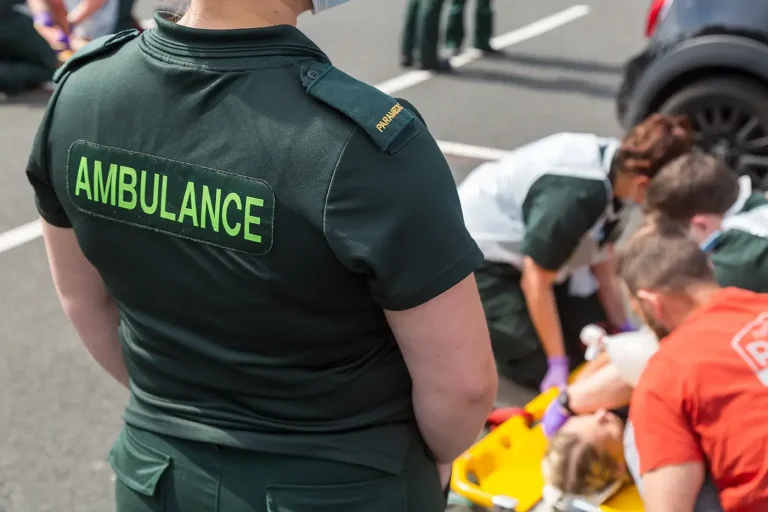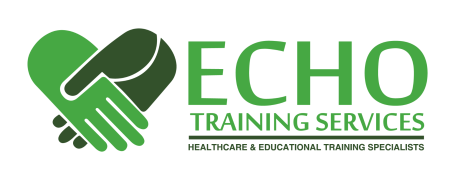What we offer to you
Discover more about our extensive range of professional courses and services. We constantly update this page, but if you still can’t find what you’re looking for, please feel free to get in touch with us – we will be more than happy to help.

Health & Social Care
Health and social care training plays a crucial role in equipping professionals with the necessary skills to provide safe and effective care. This training encompasses various key areas, including health and safety care training, which ensures that staff are aware of the protocols to create a safe environment for both patients and themselves. Additionally, first aid training is vital, enabling care workers to respond appropriately to medical emergencies. Furthermore, awareness of conditions such as epilepsy and diabetes is essential, as it empowers caregivers to recognise symptoms and manage these conditions effectively. Medication awareness training is also a critical component, focusing on the proper administration and monitoring of prescribed medications, ensuring optimal outcomes for those in care. Overall, comprehensive training in these areas not only enhances the quality of care delivered but also promotes confidence among care professionals in their day-to-day responsibilities.

Educational
In the realm of educational establishments, training in first aid is paramount for ensuring the health and safety of both staff and students. First aid at work training equips employees with essential skills to respond effectively to emergencies, while paediatric first aid specifically addresses the unique needs of children in a school environment. Understanding conditions such as epilepsy and diabetes is crucial, as trained staff can provide immediate care in case of a medical incident. Furthermore, safeguarding encompasses a broader commitment to protecting the wellbeing of all students, particularly those with special educational needs, including autism. By implementing comprehensive training programmes, educational institutions can create a safe and supportive atmosphere conducive to learning.

Prehospital Emergency Care
Prehospital emergency care is a critical component of the healthcare system, particularly in the context of Intermediate Life Support (ILS). This training equips first responders with the essential skills to manage medical emergencies effectively, ensuring that patients receive prompt and appropriate care before reaching hospital facilities. A pivotal aspect of this training involves the use of medical gases, particularly oxygen (O2), which is crucial in treating patients with respiratory distress or other life-threatening conditions. ILS practitioners are trained to administer oxygen efficiently, monitor its effects, and adjust delivery methods as needed, thereby enhancing patient outcomes and stabilising individuals during transport. The integration of such training in prehospital settings underscores the importance of preparedness and expertise in saving lives in critical situations.

eLearning
Echo Training Services are proud to partner with "LEARNING247", a leader in the eLearning sector. With over 22 years of experience, they offer an extensive range of over 770 courses and packages, catering to various training needs. Their proven track record is highlighted by the participation of over 325,835 students who have benefitted from their courses. This collaboration ensures that you will find the right course to suit your individual requirements, enhancing your skills and knowledge in today’s fast-paced environment.
We need your consent to load the translations
We use a third-party service to translate the website content that may collect data about your activity. Please review the details in the privacy policy and accept the service to view the translations.

